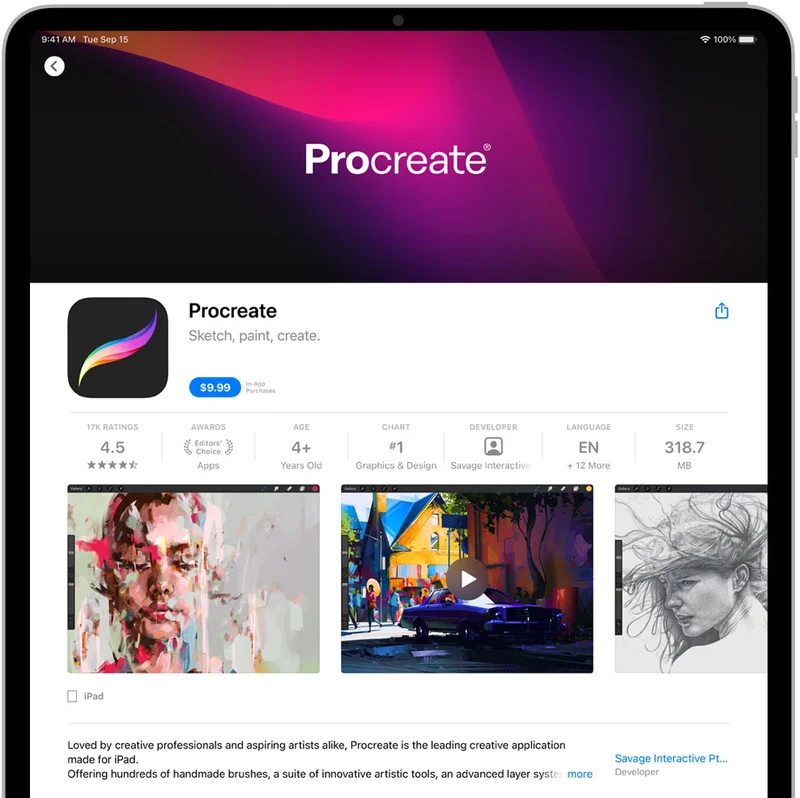AppLovin (NASDAQ: APP) has been on a tear, with the stock price reflecting investor enthusiasm for its AI-powered advertising enhancements. The company's pivot towards AI, particularly its Axon AI engine, is touted as a game-changer, optimizing ad targeting and expanding beyond gaming into e-commerce, fintech, and even automotive advertising. But is this growth sustainable, or are we seeing a classic case of market over-exuberance? Let's dig into the numbers.
The core argument for AppLovin's continued success rests on its ability to leverage AI to deliver superior ad performance. CEO Adam Foroughi highlighted the company's success in capturing holiday shopping ad spend, suggesting the AI models are effective outside gaming. The promise is significant: personalized advertising with generative AI, automated tools, and a self-service platform that allows businesses to run ads autonomously with AI-optimized targeting.
However, a healthy dose of skepticism is warranted. While AppLovin claims its AI capabilities are "industry-agnostic," opening doors for millions of advertisers, the actual data supporting this claim remains limited. The article mentions "industry checks suggest a significant influx of brands seeking access," but provides no concrete figures. How many e-commerce advertisers are actually on the platform? What's the average ROI they're seeing compared to traditional advertising methods? These are crucial questions that remain unanswered.
And this is the part of the analysis I find genuinely puzzling. The company is selling its mobile gaming unit, which it claims was only acquired to "train its AI models." If the AI is now "self-sufficient," as the report states, why did it require a $900 million gaming division (sale price: $500 million in cash and $400 million in equity) to get there? Was this truly a strategic investment, or a costly detour?
Despite the AI narrative, AppLovin's fundamentals present a mixed picture. While the company beat earnings estimates in the most recent quarter ($2.45 EPS vs. a consensus of $2.34), analyst ratings are far from uniformly bullish. J.P. Morgan maintained a Neutral rating, and Needham reiterated a Hold rating. This suggests that not everyone is convinced by the AI story.

Moreover, insider selling activity raises a red flag. CTO Vasily Shikin sold 30,000 shares in August at an average price of $437.57, for a total of $13,127,100.00. Director Dawson Alyssa Harvey also sold shares. In the last three months, insiders sold 1,156,788 shares worth $514,863,333. While insider selling doesn't automatically signal trouble, it's worth noting that those with the most intimate knowledge of the company's prospects are reducing their holdings.
The projected stock price targets for 2025-2030 also warrant scrutiny. The article estimates a 2030 price of $910.70 per share, based on "less than 10% year-over-year revenue growth." This seems optimistic, given the highly competitive nature of the ad tech industry and the potential for new entrants to disrupt the market. What happens if a competitor develops a superior AI advertising platform? What if regulatory changes limit the use of personalized advertising data? The forecast appears to bake in continued dominance without accounting for potential headwinds.
AppLovin's P/E ratio stands at 87.65. High, but not unheard of for a growth company. But consider this: APP, DAVE (Dave.com) are peers in the Application Software industry that have lower valuation (P/OpInc) compared to OKTA, but higher revenue and operating income growth. This disconnect between valuation and performance could mean that you are better off buying APP, DAVE vs. OKTA. Why APP, DAVE May Be Better Than Okta Stock
AppLovin has undoubtedly made strides in leveraging AI to enhance its advertising platform. However, the current stock price may be reflecting excessive optimism. The company's AI capabilities are still largely unproven outside of gaming, and significant challenges remain in scaling its e-commerce advertising business. The reliance on AI as the primary growth driver creates a single point of failure. If the AI algorithms fail to deliver the expected results, the stock could face a sharp correction.
Ultimately, AppLovin's success hinges on its ability to translate AI hype into tangible results. The company needs to demonstrate that its AI-powered advertising platform can consistently deliver superior ROI for advertisers across a wide range of industries. Until then, investors should proceed with caution and avoid getting caught up in the AI frenzy.
It's a good business, but the market is pricing in perfection. The AI story needs more proof.